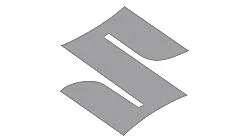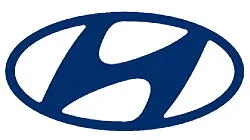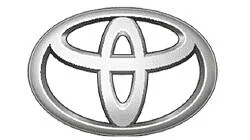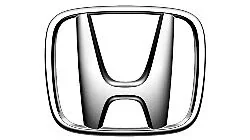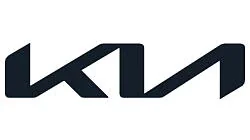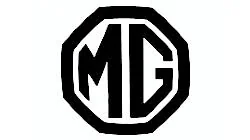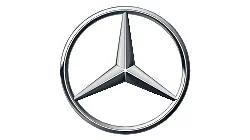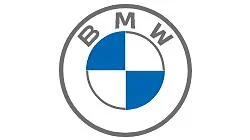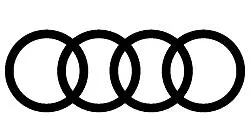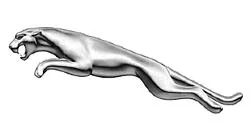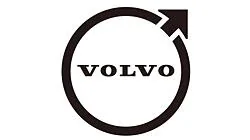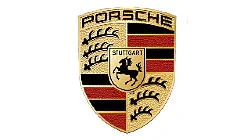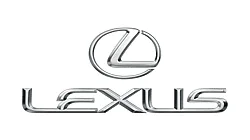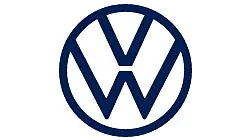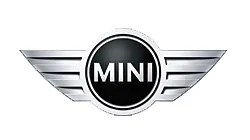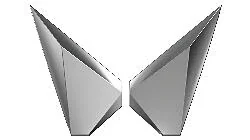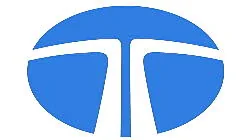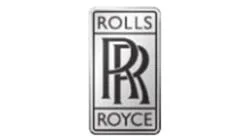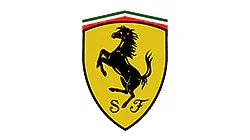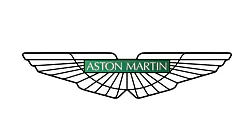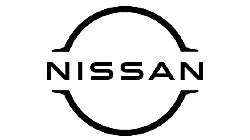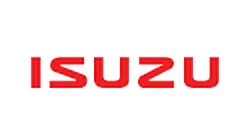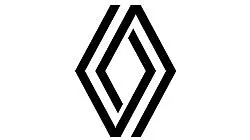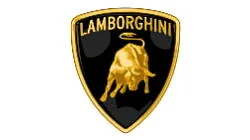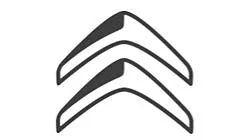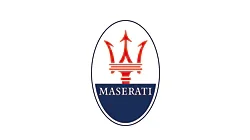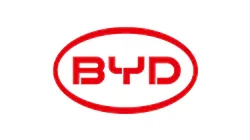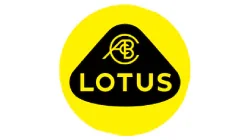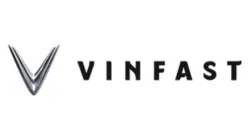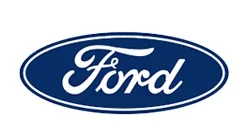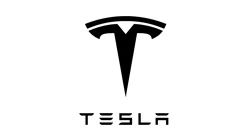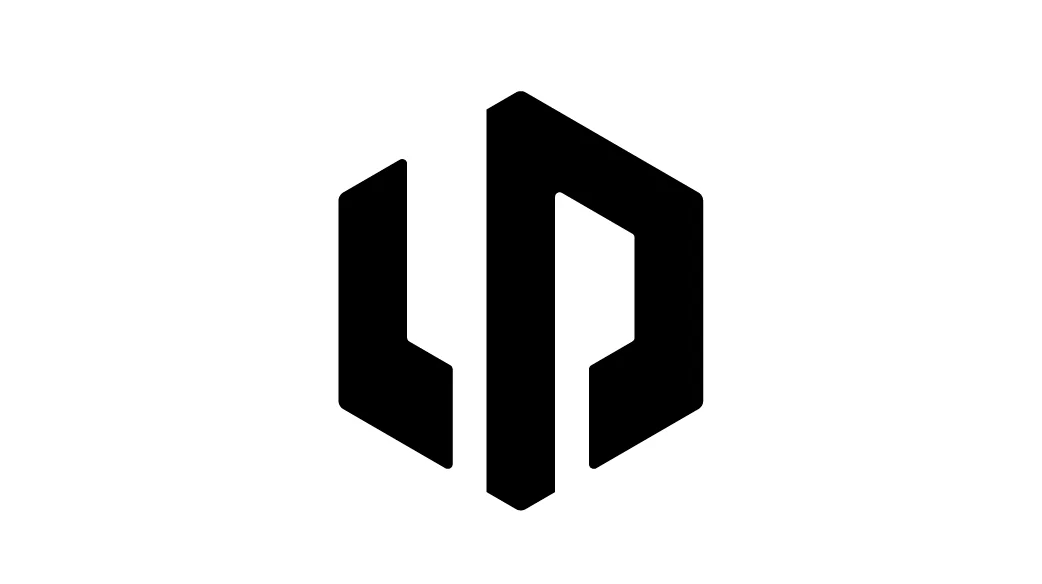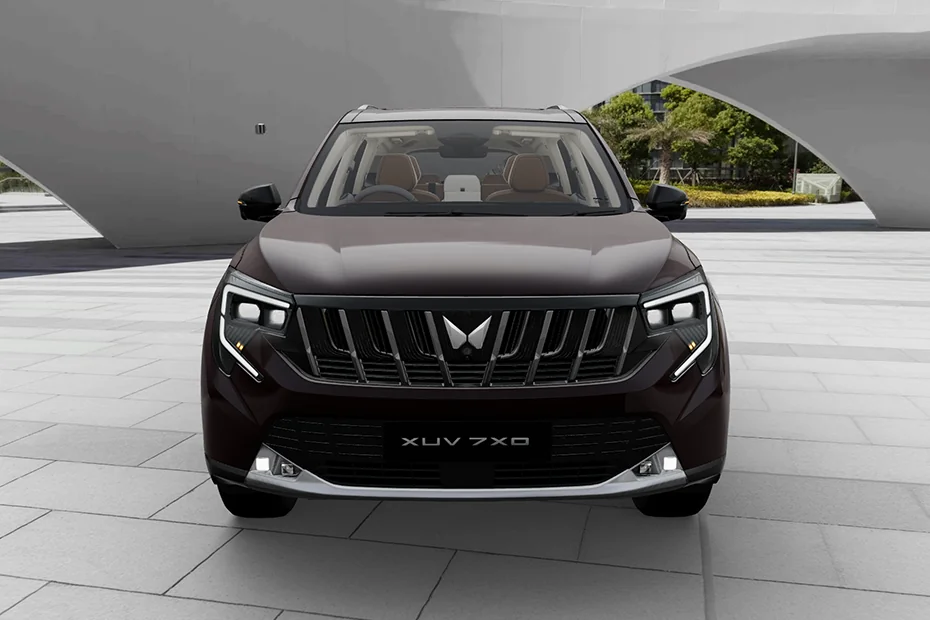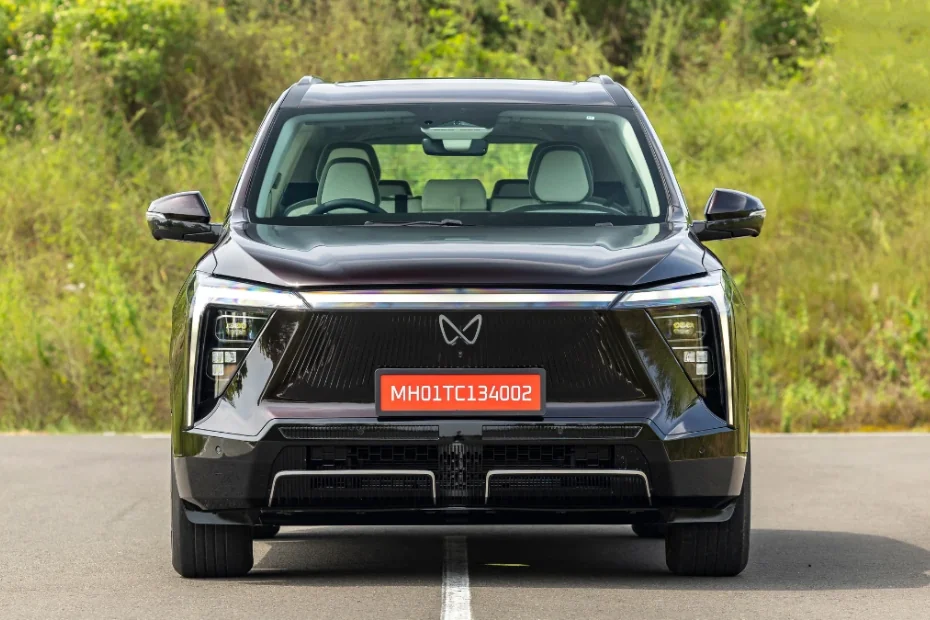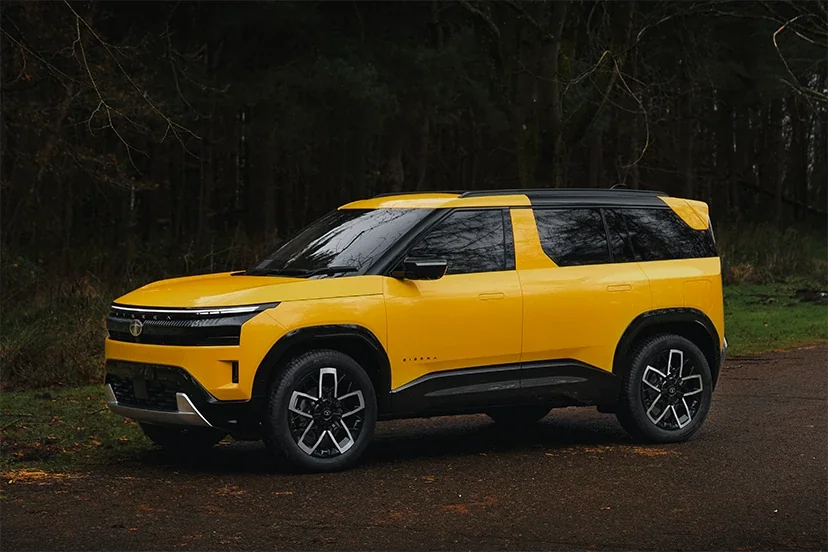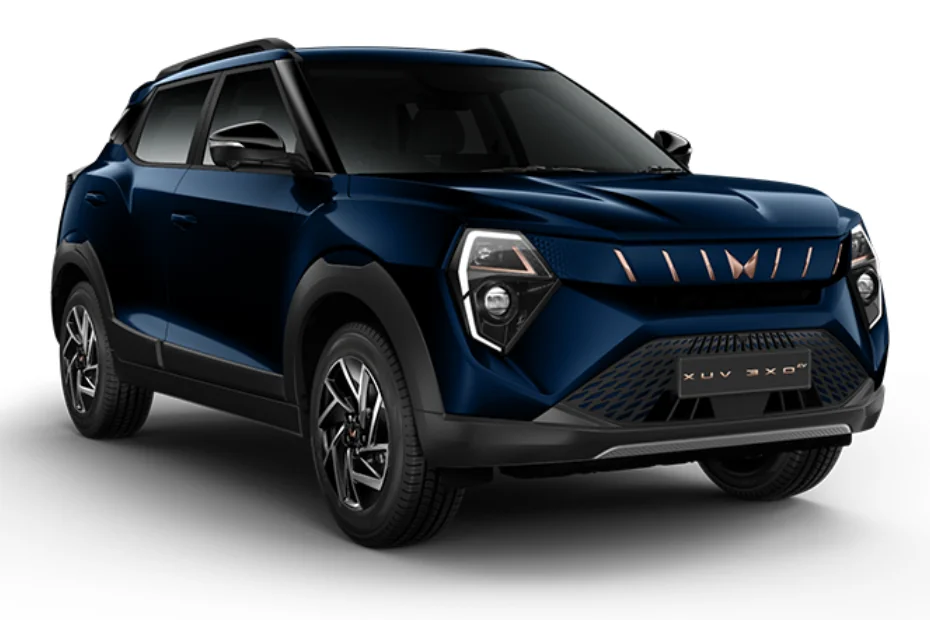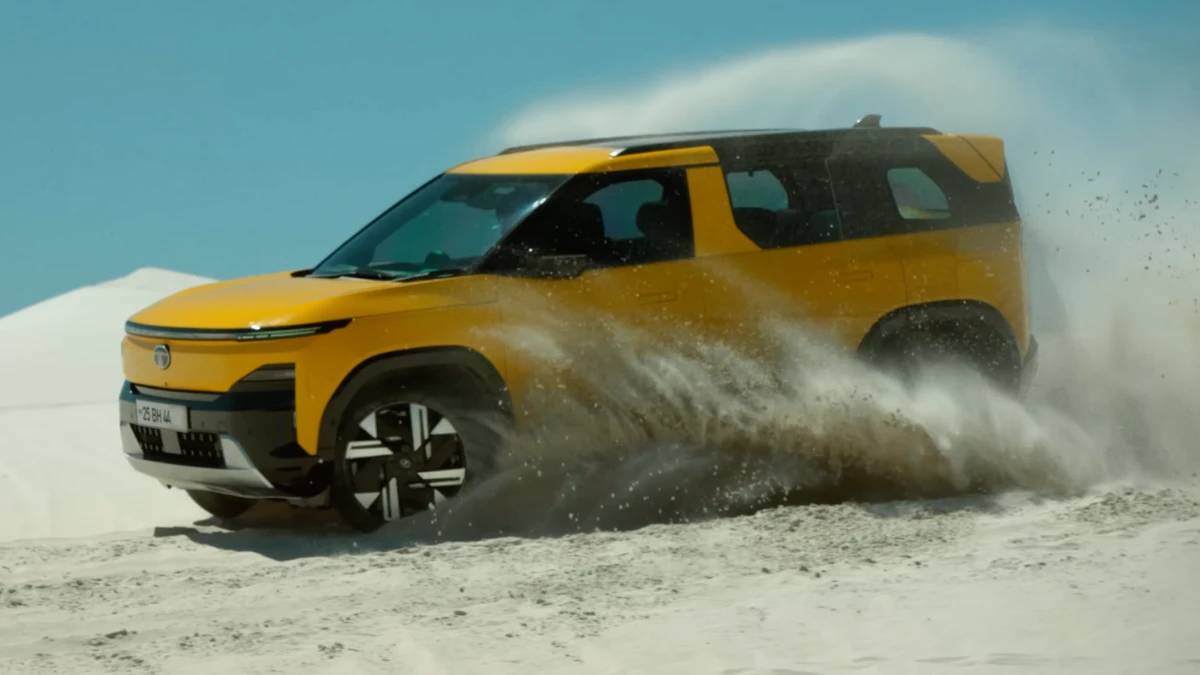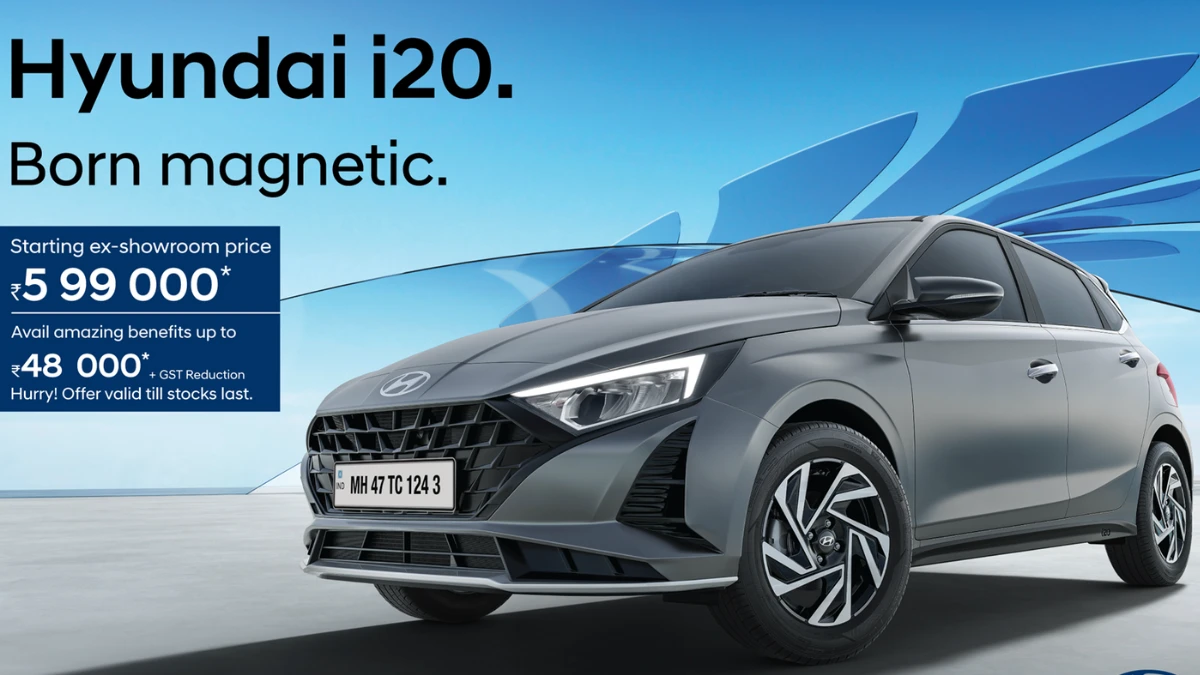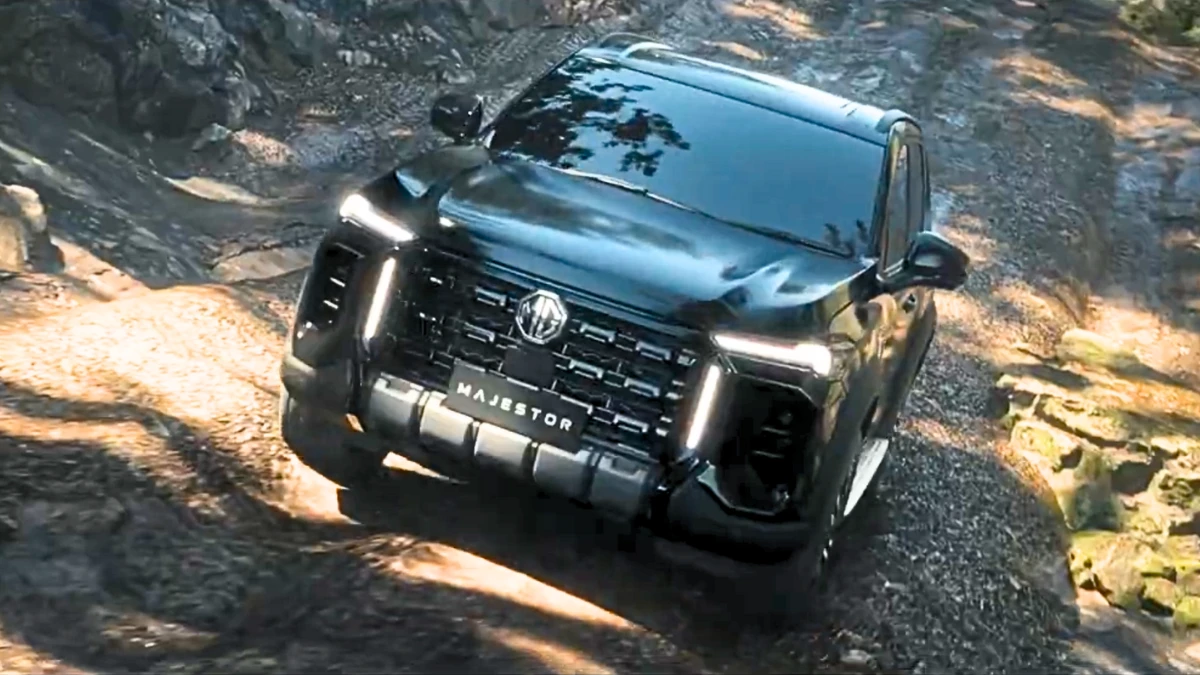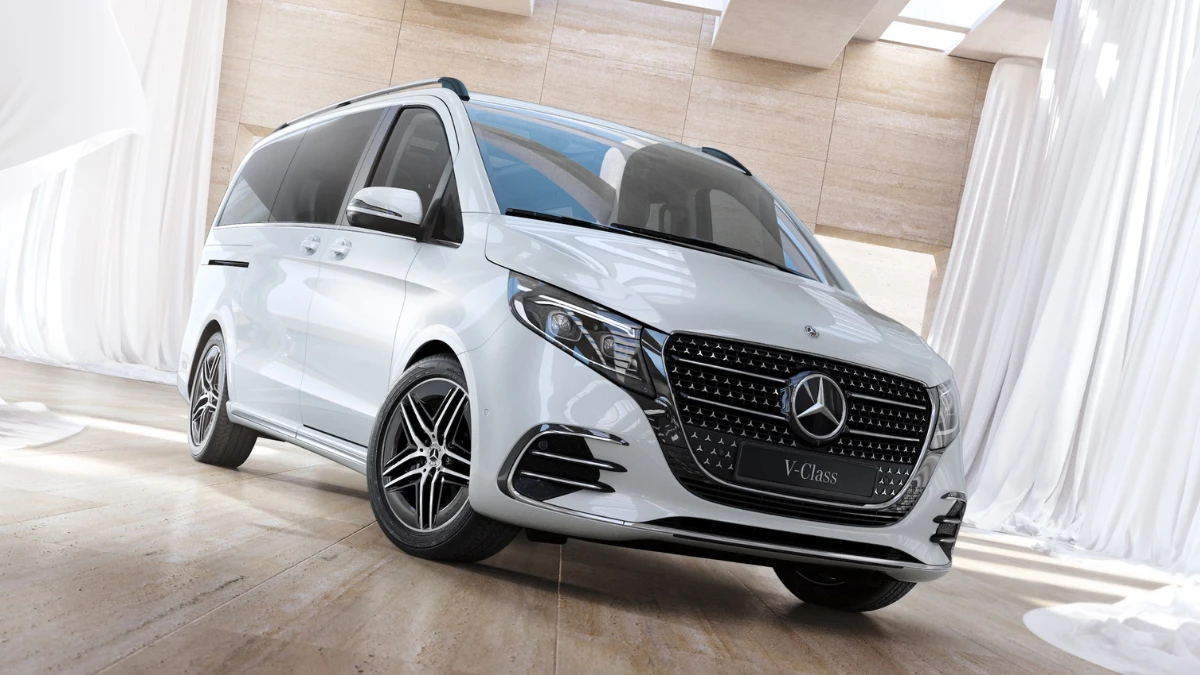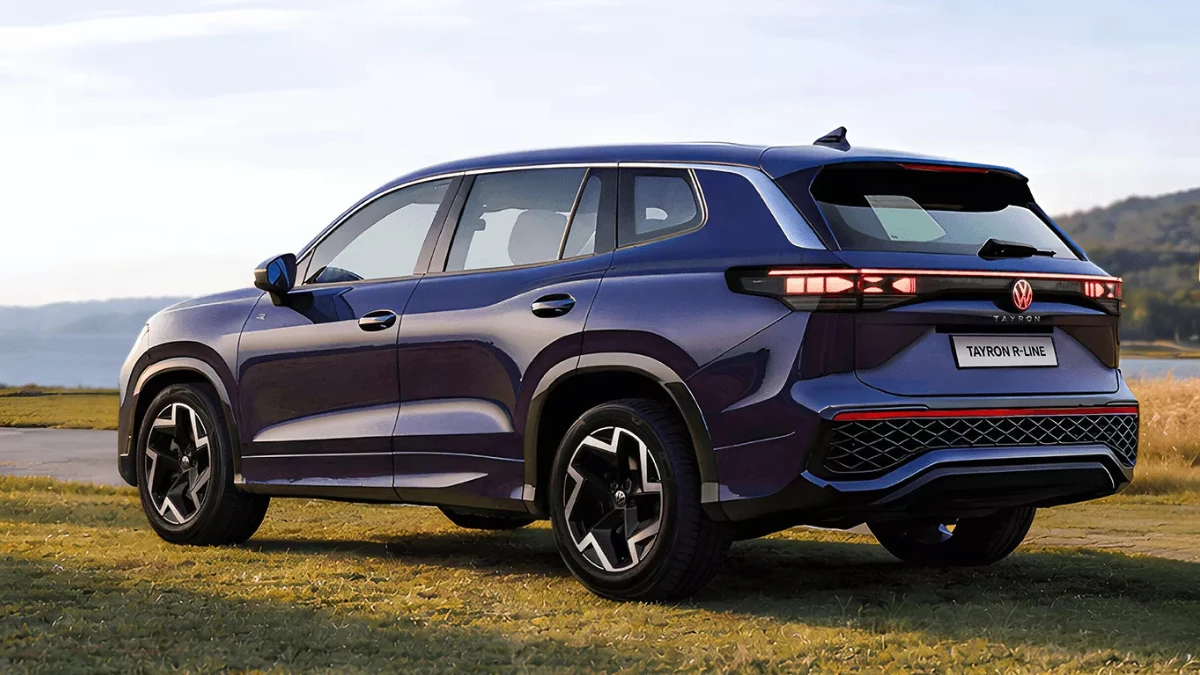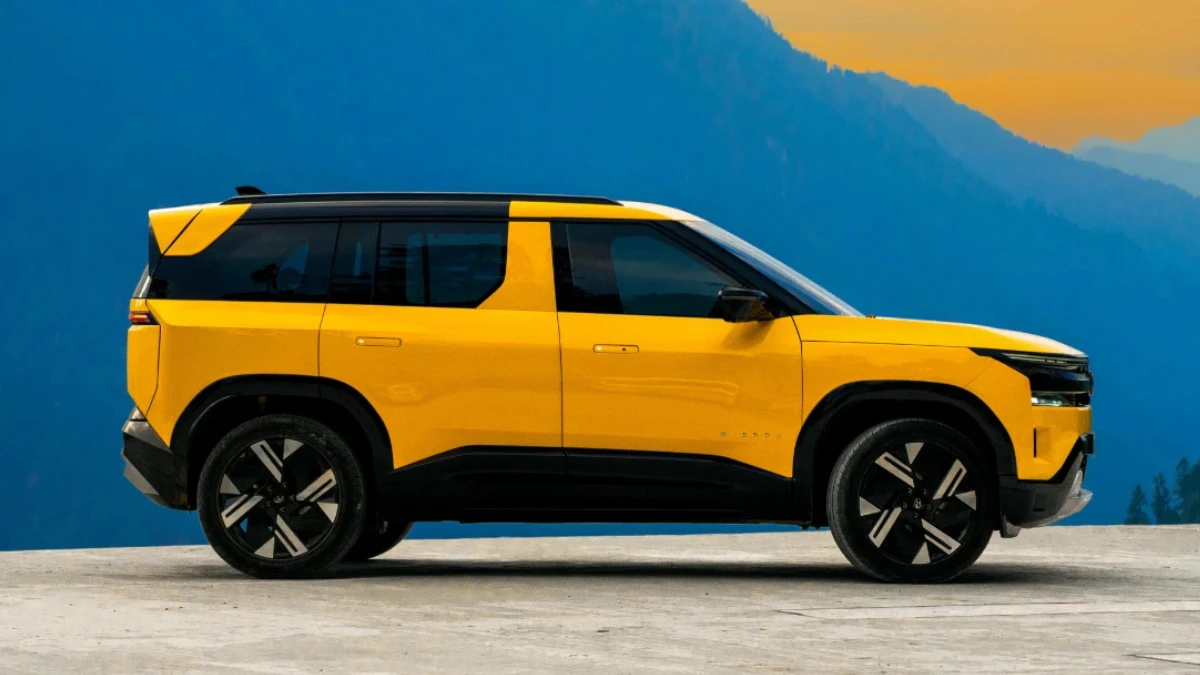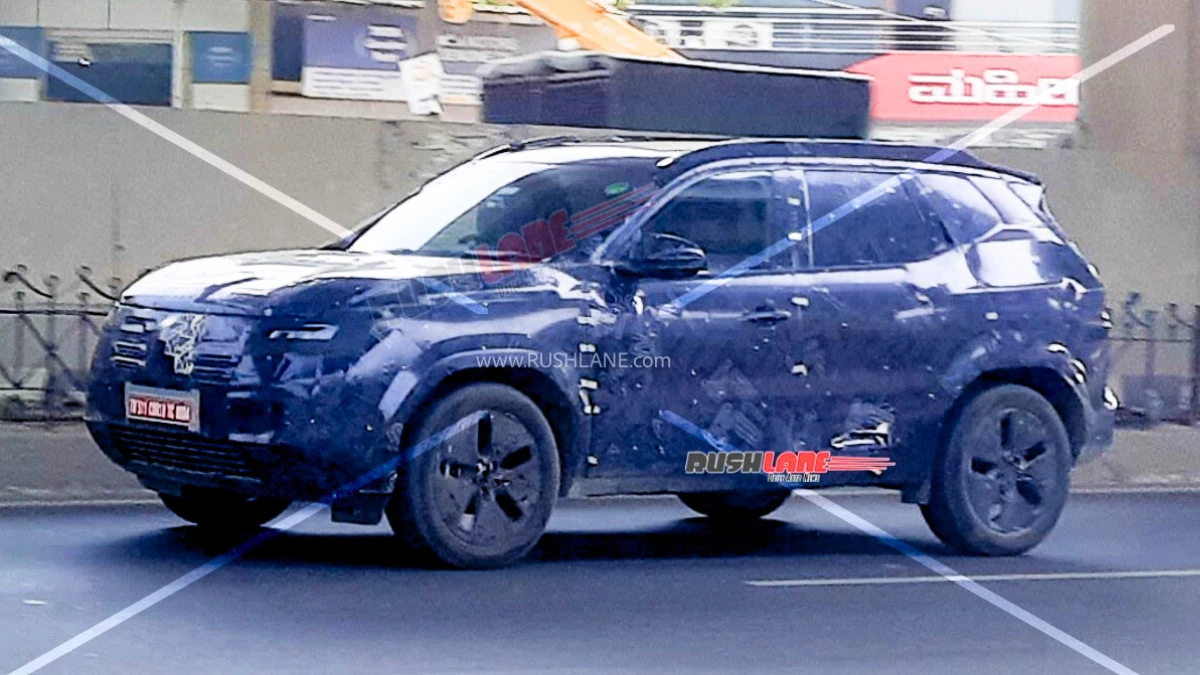
Renault India has just revealed its plans to introduce new strong-hybrid powertrains on upcoming models for India. This will supplement the slew of EVs that are slated to be launched, starting with the Electric Kwid, in late 2024/early-2025.
Renault India: Strong-Hybrids Coming
The French automaker has stated that it is looking to provide cleaner, environmentally friendly, and more efficient cars to buyers in India. Additionally, the strong-hybrid powertrains will be a nice alternative to the torquey diesel motors that Renault had to forfeit earlier due to the new emission norms. Additionally, Renault will localise the strong-hybrid productions, helping keep costs low.
Venkatraman Mamillapalle, Renault India MD, has said that the automaker’s portfolio will include both strong hybrids and EVs in the near future. He stated, "We have naturally aspirated and turbocharged petrol, we will have a range of EVs, our engines are ethanol ready – even capable of running on E100 – and we will have plug-in hybrids and strong hybrids for the Indian market." Mamillapalle also added, “We will look to localise our plug-in hybrids and strong hybrids… to ensure that products are competitive," adds Mamillapalle.
Renault’s plans to commit to strong-hybrid powertrains follow Maruti Suzuki and Toyota’s success. The Indian auto giant and Japanese automaker have received a very strong response in the market with their strong-hybrid offerings due to the model’s high fuel economy.
Renault: Hybrid Powertrain Details
The French automaker’s strong-hybrid range, dubbed E-tech, has currently two powertrains on offer. Both have been developed with tech from Renault’s Formula 1 programme and are protected by over 160 patents. The system uses both a parallel and series architecture, involving the use of two electric motors.
The smaller hybrid powertrain combines a 1.6-litre petrol engine making 94 bhp, a 24 bhp starter-generator, and a 49 bhp electric motor. Combined, it makes 145 bhp. The motors are powered by a 1.2 kWh battery pack. The car starts in electric mode and uses the motors as much as 80% of the time in the city. Renault’s E-Tech powertrain also combines the ICE and electric motor in up to 14 different ways to optimize efficiency, with the potential to deliver up to 24 kmpl.
The larger E-Tech plug-in hybrid will likely power the upcoming Duster, which is expected to come to India in 2025. It uses a larger 9.8 kWh battery pack but retains the 1.6-litre petrol engine and dual electric motor setup. In some versions, the 1.6-litre motor runs on the more efficient Atkinson cycle for even better fuel economy.
Read Also: Upcoming Tata Nexon Facelift Clear Interior Image Revealed
About Author
Team CarLelo is a group of passionate car enthusiasts and auto experts who bring you the latest car news, launches, reviews, and buying tips. The team focuses on simple, clear, and useful content to make car buying easy and stress-free for readers across India.
Top Car Brands in India
Top Car Brands in India
Trending Car News in India
Trending Cars in India
Trusted Dealer
All Over India
Irresistible Offers
Stay Updated, Pay Less
Compare Cars
Choose the Right Car
Easy Finance
Multiple Finance Options

Monday - Saturday
10:00am - 6:30pm
+91 7947722777, +91 7479000444, +91 9311718549
contact@carlelo.com
